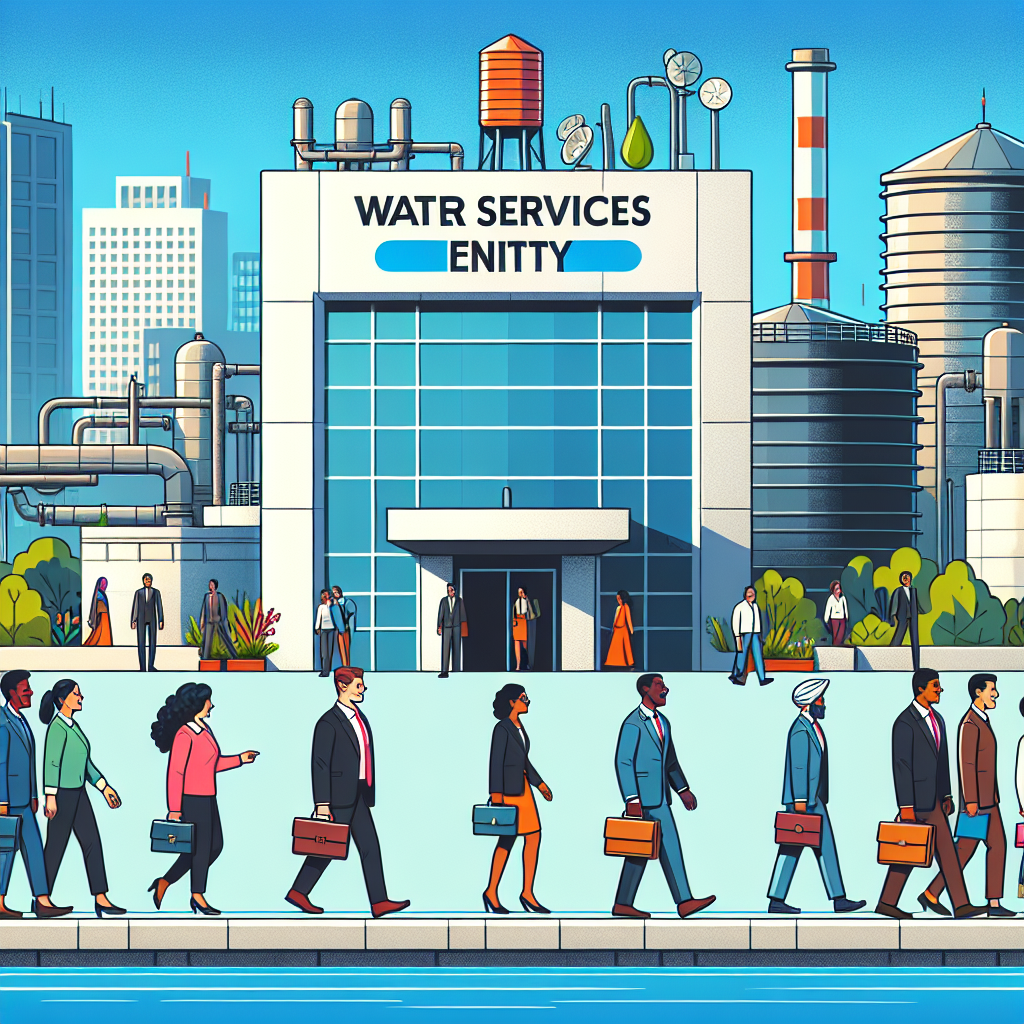Delhi's Decentralized Sewage Solution: A New Wave of Yamuna Revival
The Delhi Jal Board (DJB) collaborates with private investors to develop 40 decentralized sewage treatment plants (DSTPs) to rejuvenate the Yamuna River. With private support, the initiative is aimed at increasing Delhi's sewage treatment capacity and improving local environmental conditions by 2027.

- Country:
- India
The Delhi Jal Board (DJB) is making significant strides in its mission to clean the Yamuna River with support from private investors for decentralized sewage treatment plants (DSTPs), officials announced on Wednesday.
In a major policy initiative, the Delhi government outlined its strategy to install 40 DSTPs, with two projects funded through the government's Corporate Social Responsibility (CSR) initiative. Investments are pouring in, as evidenced by a leading private firm's commitment of Rs 5 crore, while discussions for a second project continue. With necessary clearances expected by year's end, tenders for 13 DSTPs will soon be floated, a DJB official stated.
Confronted with spatial constraints in constructing large-scale sewage treatment plants, the DJB is focusing on localized waste management through these DSTPs. Currently handling 600-700 million gallons daily, Delhi's treatment capacity is on course for expansion to 1,250 MGD by 2027. The government's plans include upgrading 18 out of its 37 existing sewage plants and establishing new ones at strategic locations. In the capital, Yamuna's pollution hotspots along a 22 km stretch from Wazirabad to Okhla have become central to these environmental strategies.










